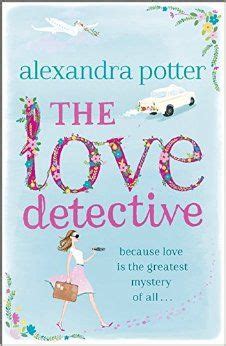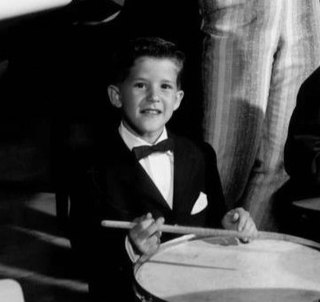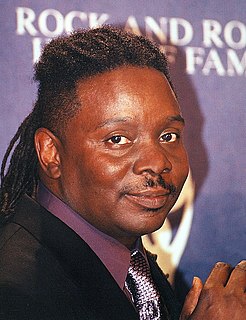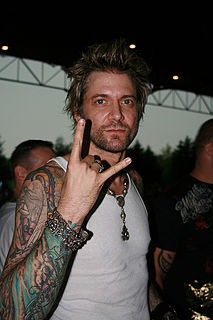A Quote by Brian Falkner
We are our memories," Dodge said. "That's all we are. That's what makes us the person we are. The sum of all our memories from the day we were born. If you took a person and replaced his set of memories with another set, he'd be a different person. He'd think, act, and feel things differently.
Related Quotes
You have your wonderful memories," people said later, as if memories were solace. Memories are not. Memories are by definition of times past, things gone. Memories are the Westlake uniforms in the closet, the faded and cracked photographs, the invitations to the weddings of the people who are no longer married, the mass cards from the funerals of the people whose faces you no longer remember. Memories are what you no longer want to remember.
We comfort ourselves by reliving memories of protection. Something closed must retain our memories, while leaving them their original value as images. Memories of the outside world will never have the same tonality as those of home and, by recalling these memories, we add to our store of dreams; we are never real historians, but always near poets, and our emotion is perhaps nothing but an expression of a poetry that was lost.
Nelson Mandela set his course a long time ago, and in word and deed, years of determination, sacrifice, and faith--he set a new standard in the likes of Gandhi, Mother Teresa, and Martin Luther King, Jr. --changing the world and all of us for the better. I was one of those regular citizens watching when he made his first trip here after being released from prison. Amazing memories. I regret that I never met him in person. May he rest in peace
Of course, thanks to the house, a great many of our memories are housed, and if the house is a bit elaborate, if it has a cellar and a garret, nooks and corridors, our memories have refuges that are all the more clearly delineated. All our lives we come back to them in our daydreams. A psychoanalyst should, therefore, turn his attention to this simple localization of our memories. I should like to give the name of topoanalysis to this auxiliary of pyschoanalysis. Topoanalysis, then would be the systematic psychological study of the sites of our intimate lives.






































